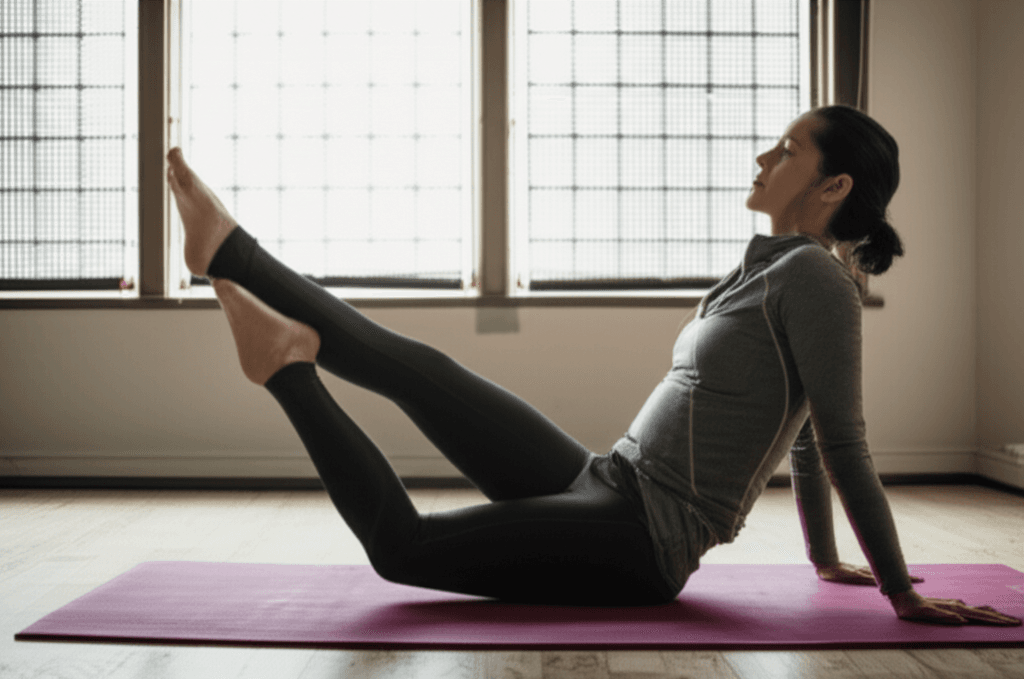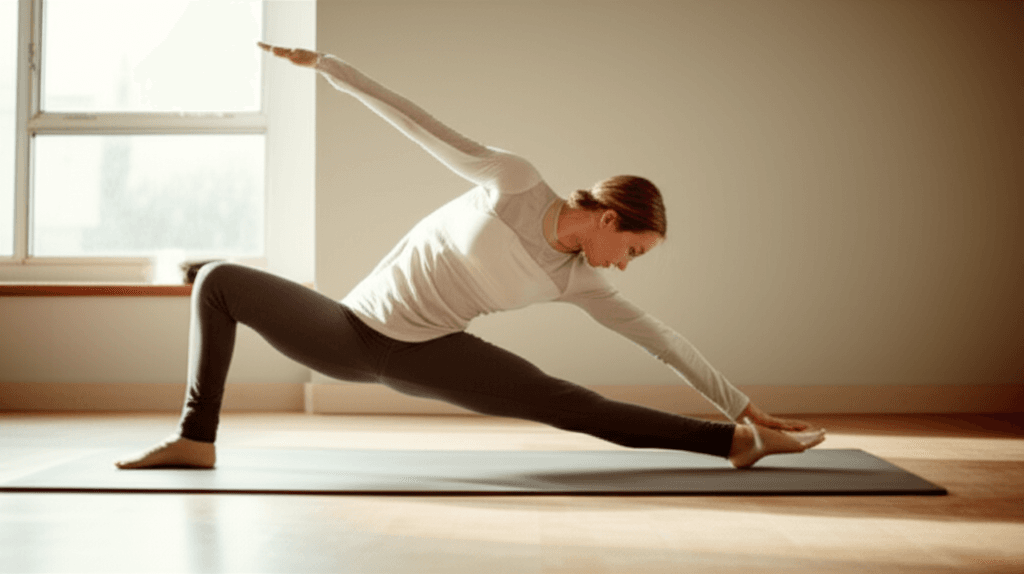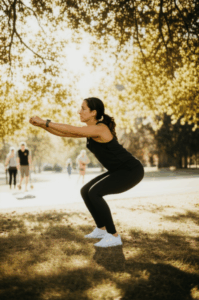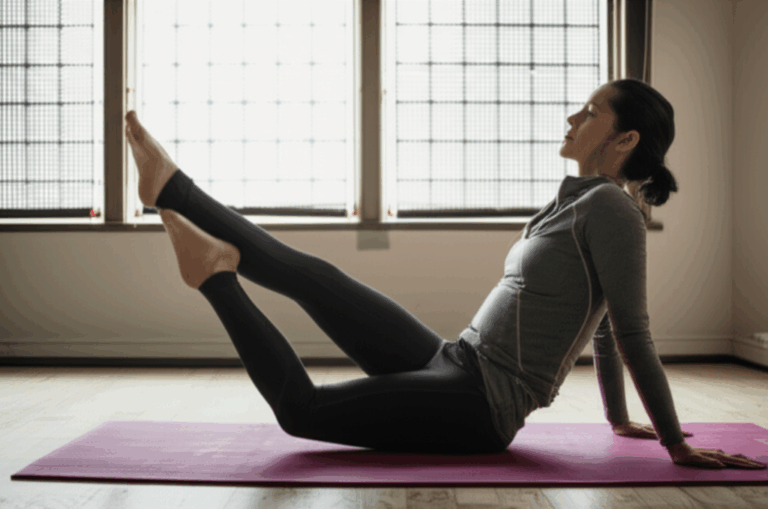Pilates is widely celebrated for its physical benefits—building core strength, improving flexibility, and enhancing posture. But can this mindful movement practice also cultivate a deeper sense of self-liking and personal acceptance? The answer, according to a growing body of research and anecdotal evidence, is a resounding yes. Beyond the visible physical changes, Pilates offers a unique pathway to improved mental well-being, fostering a more positive relationship with one’s body and self.

The Mind-Body Connection at Pilates’ Core
At its heart, Pilates is a holistic discipline that emphasizes the intrinsic connection between the mind and body. Unlike some forms of exercise that focus solely on physical exertion, Pilates encourages practitioners to be fully present in each movement, coordinating breath with precise actions. This deliberate attention to bodily sensations and alignment is a form of mindful movement, which can significantly impact mental health.
Cultivating Mindfulness and Body Awareness
Mindfulness, the practice of focusing on the present moment, is a core principle of Pilates. Through controlled breathing and concentrated movements, individuals learn to tune into their bodies, noticing subtle shifts and sensations. This heightened body awareness helps to:
- Enhance Self-Awareness: Pilates encourages a conscious directing of attention to specific body regions, posture, and alignment, allowing individuals to become more attuned to their physical self.
- Reduce Stress and Anxiety: The deep, controlled breathing patterns common in Pilates stimulate the parasympathetic nervous system, promoting relaxation and helping to manage stress and anxiety. Studies have shown that regular Pilates can reduce levels of anxiety and depression and improve overall quality of life.
- Improve Focus and Concentration: The challenging nature of Pilates exercises demands full mental engagement, leaving little room for distractions. This practice of sustained focus can extend beyond the studio, enhancing cognitive clarity and productivity in daily life.

Boosting Self-Esteem and Confidence
One of the most profound ways Pilates contributes to self-liking is through its positive impact on self-esteem and confidence. This is not solely about achieving an “ideal” body type, but rather about appreciating the body’s capabilities and fostering a healthy self-image.
The Power of Progress and Accomplishment
Regular Pilates practice leads to tangible improvements in strength, flexibility, balance, and posture. As individuals progress and master new movements, a powerful sense of accomplishment emerges. This feeling of competence and growth contributes significantly to a boosted self-worth and confidence, irrespective of external appearance.
Nurturing a Positive Body Image
Pilates shifts the focus from how the body looks to what the body can do. By emphasizing body neutrality—respecting and appreciating one’s body for its functionality—Pilates helps individuals develop a healthier relationship with their physical self. Improved posture alone can make a person feel more confident and self-assured.
Endorphins and Mood Enhancement
Like other forms of exercise, Pilates triggers the release of endorphins, the body’s natural mood enhancers. These “feel-good” chemicals contribute to a positive shift in overall attitude and happiness, combating feelings of sadness and depression. This natural mood boost lays a foundation for greater self-acceptance.

Resilience and Empowerment
Beyond immediate mood and confidence boosts, Pilates can foster long-term mental resilience and a sense of empowerment.
Developing Resilience Through Challenge
Overcoming physical challenges in Pilates, whether it’s mastering a difficult pose or pushing through fatigue, builds a transferable sense of resilience. This capacity to adapt and persevere can positively impact how individuals approach obstacles in other areas of their lives.
Self-Care and Empowerment
Engaging in Pilates is an act of dedicated self-care. Prioritizing physical and mental well-being through consistent practice can instill a sense of empowerment. This commitment to self, coupled with the improved ability to manage stress and cultivate mindfulness, reinforces a positive self-perception and a deeper appreciation for one’s own capabilities.
Conclusion: A Holistic Path to Self-Liking
While the desire to “like yourself” is a complex journey influenced by many factors, Pilates offers a powerful and holistic tool to support this pursuit. By fostering a deep mind-body connection, enhancing mindfulness and body awareness, boosting self-esteem through accomplishment, and promoting emotional resilience, Pilates extends its benefits far beyond the physical. It provides a structured yet gentle pathway to cultivating a more positive outlook, greater self-acceptance, and ultimately, a stronger sense of self-liking. Regular practice encourages individuals to honor their bodies, celebrate their capabilities, and connect with a deeper sense of well-being.







